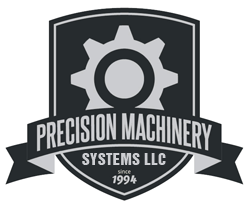Innovative Examples of Commercial Waste Compactors Transforming Waste Management Practices
In today's rapidly evolving urban landscape, effective waste management practices are more crucial than ever, and the Commercial Waste Compactor has emerged as a game-changing solution. As businesses strive to minimize their environmental footprints and optimize operational efficiency, innovative waste compacting technologies are leading the charge in transforming how we handle refuse. This ultimate guide explores various examples of cutting-edge commercial waste compactors that not only reduce the volume of waste generated but also enhance recycling efforts and save valuable space.
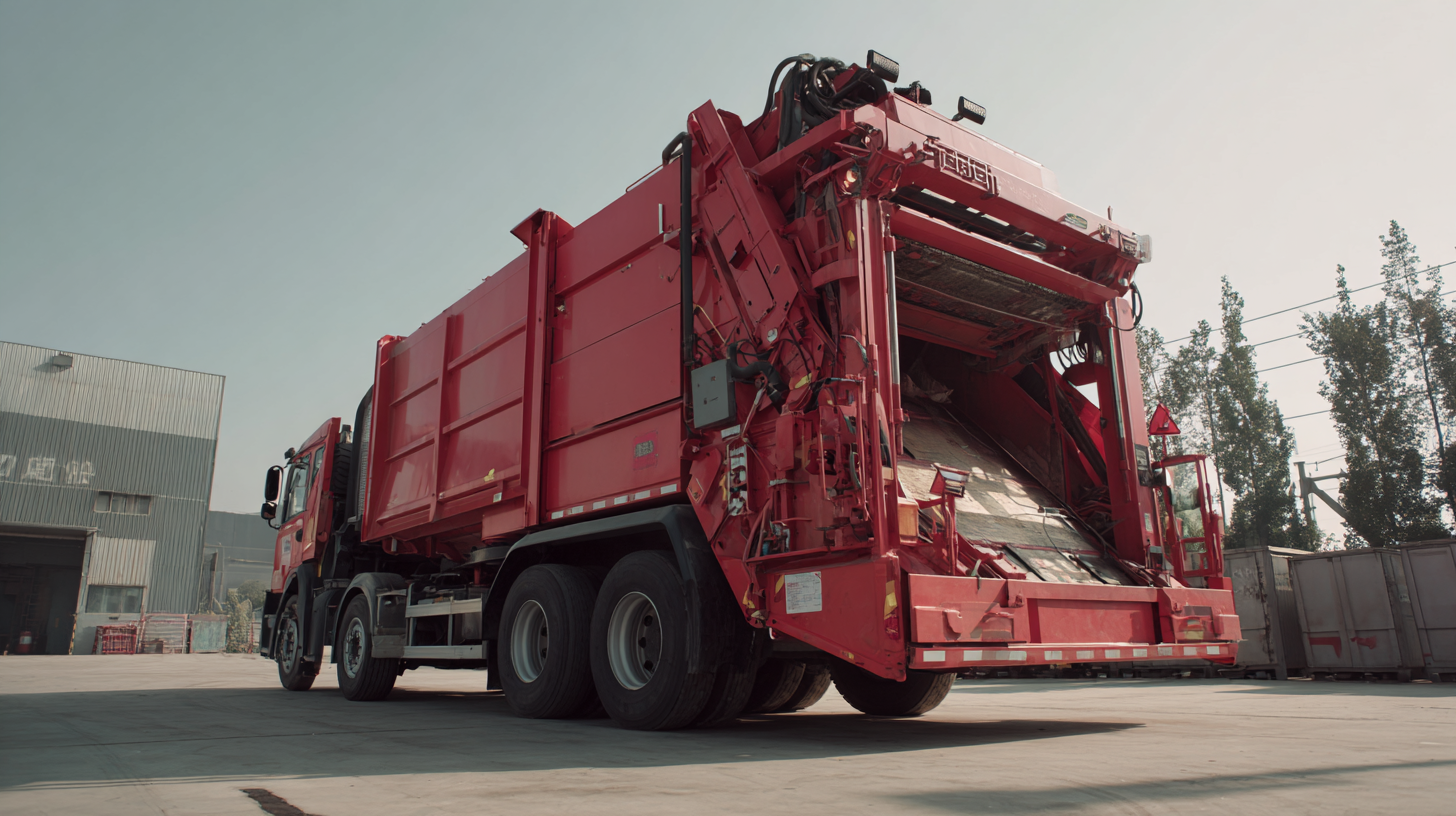
From automated systems that integrate seamlessly into existing workflows to smart compactors equipped with IoT capabilities for real-time monitoring, we will delve into how these advancements are reshaping the future of waste management. Join us as we uncover the myriad benefits these innovations offer, paving the way for more sustainable business practices and cleaner communities.
Innovative Technological Features in Modern Waste Compactors Reducing Operational Costs
Innovative technological features in modern waste compactors are redefining waste management practices, especially in rapidly urbanizing regions like China. With the country's solid waste generation steadily increasing due to urbanization and industrial growth, innovative compactors are crucial for enhancing efficiency and reducing operational costs. According to the "2024 China Solid Waste Treatment Industry Research Report," the rise in solid waste has prompted a shift towards more advanced waste management solutions that incorporate technology to streamline processes.
Cutting-edge waste compactors are now equipped with intelligent sensors and automated controls that optimize the compaction process, significantly minimizing the frequency of waste collection. This not only lowers fuel costs associated with transportation but also reduces greenhouse gas emissions, contributing to China's goals for carbon neutrality. In fact, recent discussions at the China Carbon Capture, Utilization, and Storage Forum highlight the importance of integrating innovative waste management technologies in achieving environmental targets. As the industry evolves, the modernization of waste compactors is becoming an essential part of the solution for effective waste management amidst increasing societal demands.
The Role of Regulatory Compliance in Enhancing Waste Compaction Efficiency
Regulatory compliance plays a pivotal role in enhancing the efficiency of waste compaction practices across various industries. With the increasing pressure to reduce landfill contributions and manage waste effectively, companies are leveraging innovative waste compactors that meet stringent environmental regulations. According to a study by the Environmental Protection Agency (EPA), businesses that comply with waste management regulations can achieve a compaction efficiency increase of up to 60%, significantly decreasing the volume of waste sent to landfills.
Moreover, adhering to regulations not only ensures compliance but also drives innovation in compacting technology. Modern waste compactors integrate smart sensors that optimize the compaction cycle based on real-time data, enabling facilities to maximize storage capacity and minimize operational costs. A report from the Waste Management Industry Association estimates that companies using advanced compaction solutions can reduce their waste disposal costs by up to 30%, a clear advantage for those committed to regulatory compliance. By investing in these innovative technologies, businesses can enhance their sustainability efforts while ensuring they meet legal requirements, ultimately transforming their waste management practices into more efficient and environmentally responsible solutions.
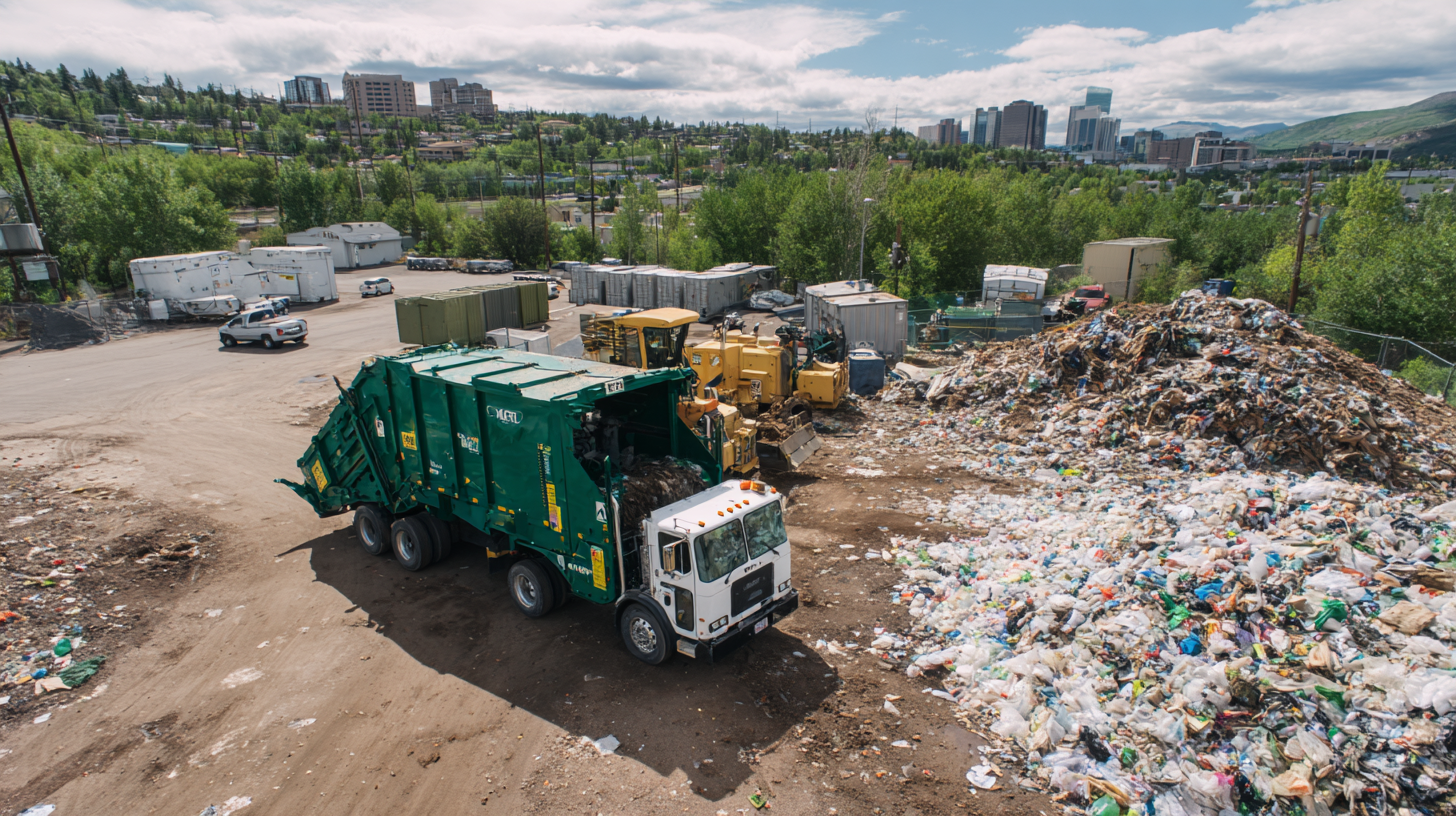
Case Studies: Businesses Achieving 30% Cost Savings with Advanced Waste Management Solutions
In today’s business landscape, innovative waste management solutions are proving essential for companies aiming to cut costs and boost operational efficiency. Case studies reveal that businesses adopting advanced waste compactors have successfully achieved up to 30% cost savings. These state-of-the-art machines not only reduce the volume of waste but also streamline handling and transportation processes, leading to decreased disposal fees and fewer pickups.
One successful example comes from a retail company that implemented a waste compaction system. By optimizing their waste output and consolidating pickups, they experienced significant savings, which allowed them to reinvest in sustainability initiatives. Another notable case is a manufacturing firm that reduced landfill costs dramatically by using compactors, demonstrating that effective waste management can directly impact the bottom line.
**Tip:** When considering waste compaction systems, analyze your waste stream to identify the types of waste generated. This will help choose the right compactor that best fits your needs.
**Tip:** Schedule regular maintenance and training for your staff on the compactors' use. This ensures efficient operation and maximizes the lifespan of the equipment, providing more value to your investment.
Environmental Impact: How Compacting Waste Contributes to Sustainability Goals
In recent years, innovative commercial waste compactors have emerged as key players in sustainable waste management practices. By significantly reducing the volume of waste, these machines not only help businesses save on disposal costs but also contribute to larger environmental goals. Compacting waste limits the frequency of pickups, resulting in reduced fuel consumption and lower greenhouse gas emissions, which is a crucial step towards mitigating climate change.
One effective tip for maximizing the benefits of waste compactors is to ensure proper sorting of materials prior to compacting. This can lead to more efficient recycling processes, as recyclable materials are kept separate, enhancing their likelihood of being repurposed. Additionally, investing in a high-quality compactor can improve reliability and durability, ultimately leading to better performance and less frequent replacements.
Another important consideration is regular maintenance of the compactor. Keeping the machinery in top condition will not only extend its lifespan but also ensure optimal compacting performance, reducing the space that waste occupies. By implementing these practices, businesses can effectively integrate waste compactors into their sustainability initiatives, showcasing their commitment to a greener future.
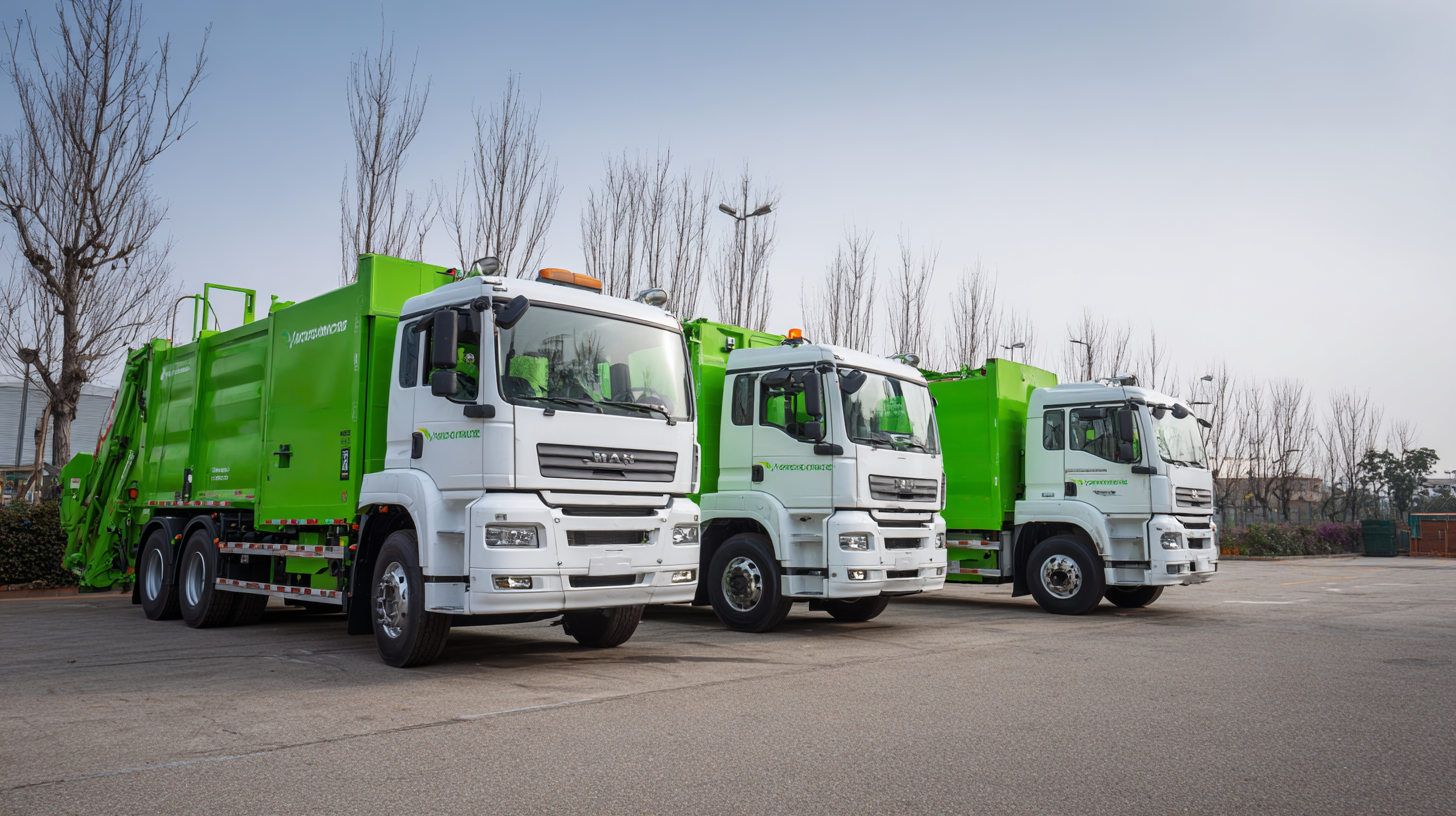
Future Trends: The Integration of IoT in Commercial Waste Management Practices
The integration of Internet of Things (IoT) technology in commercial waste management is redefining how industries handle waste. With smart compactors equipped with IoT sensors, businesses can monitor waste levels in real-time, optimizing collection schedules and reducing unnecessary pickups. Reports indicate that IoT applications in waste management can lead to a reduction in operational costs by up to 30%, showcasing the potential for enhanced efficiency while minimizing environmental impact.
Moreover, the convergence of IoT with other emerging technologies such as augmented reality (AR) and cloud computing is further streamlining waste management practices. By leveraging machine learning algorithms, companies can predict waste generation patterns, allowing for proactive measures in waste reduction. According to industry forecasts, the market for smart waste management solutions is projected to grow significantly, with an estimated value of $2.5 billion by 2025. This evolution not only promotes sustainability but also aligns with broader urban development goals, fostering smarter cities equipped to deal with future challenges.
Related Posts
-
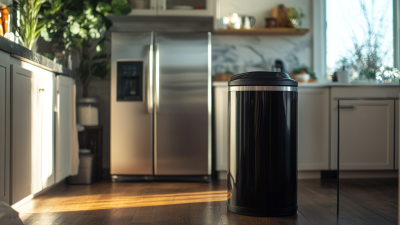
The Ultimate Guide to Choosing the Right In Home Trash Compactor for Your Needs
-

Eco Friendly Waste Solutions for Your Home without Using Trash Compactors
-
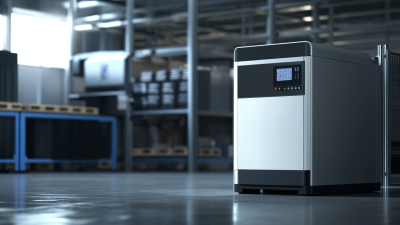
7 Remarkable Advantages of The Trash Compactor for Global Buyers
-
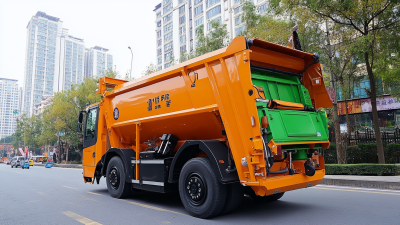
Revolutionizing Waste Management Strategies at the 137th Canton Fair with Trash Compactors for Recycling
-

How Chinese Manufacturing Thrives Despite US-China Tariff Challenges: The Rise of the Best Home Compactor
-
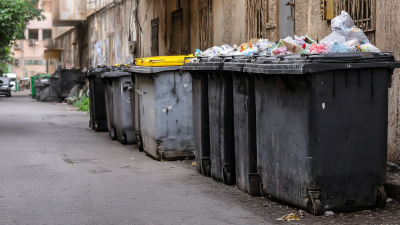
Understanding the Common Issues with Best Garbage Compactors
